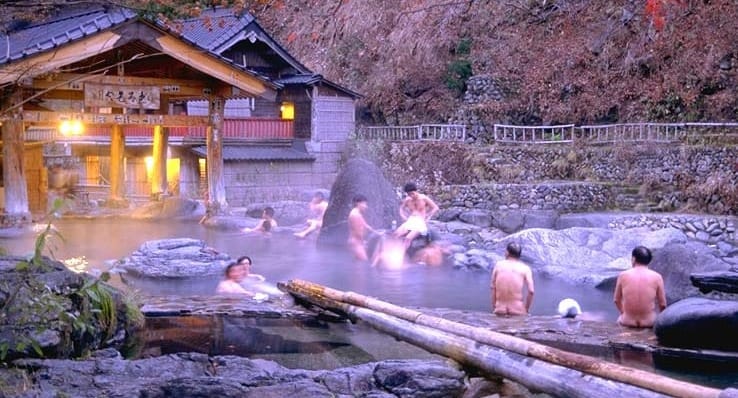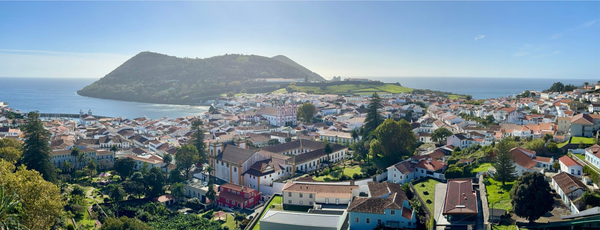Intel: The Stigma of a Tattoo in Japan
If you’re inked, read this before you go to a Japanese bath.

Onsens are traditional bathhouses in Japan, and are a great way to relax and see a bit of insight into Japanese culture. But, there are many rules and customs to be followed, and bathhouses are particularly stringent--especially since nudity is required. Guests are forbidden from ‘contaminating’ the water with anything (including bathing suits, towels, or even long hair). But the biggest obstacle is for those who have tattoos, which are squarely prohibited in many onsens.
Historically, tattoos were used by the Japanese government to mark criminals and gang members. Some opted to cover up these demarcations by making the tattoos more elaborate. As a means of keeping a bath ‘family-friendly,’ most onsens have prohibited persons with tattoos from entering – and this policy still applies today at many establishments.
If you’re concerned about whether or not you’ll be admitted, you can always email and ask ahead of time. Smaller tattoos in hidden spots and on places like your fingers are often ignored. Some opt for plastic, skin-colored coverings that can be temporarily applied to the skin. But the best resource we’ve found for this is a guide to the tattoo-friendly onsens of Japan:
Further to all the rules you’ll need to follow inside a bathhouse, this is a robust, step-by-step guide for what to expect:
https://www.japan-guide.com/e/e2292_how.html
Photo Source: Anatol.org
In each publication, Syllogi will share various tips, resources, and other odd bits of helpful information we have happened across in our research.




